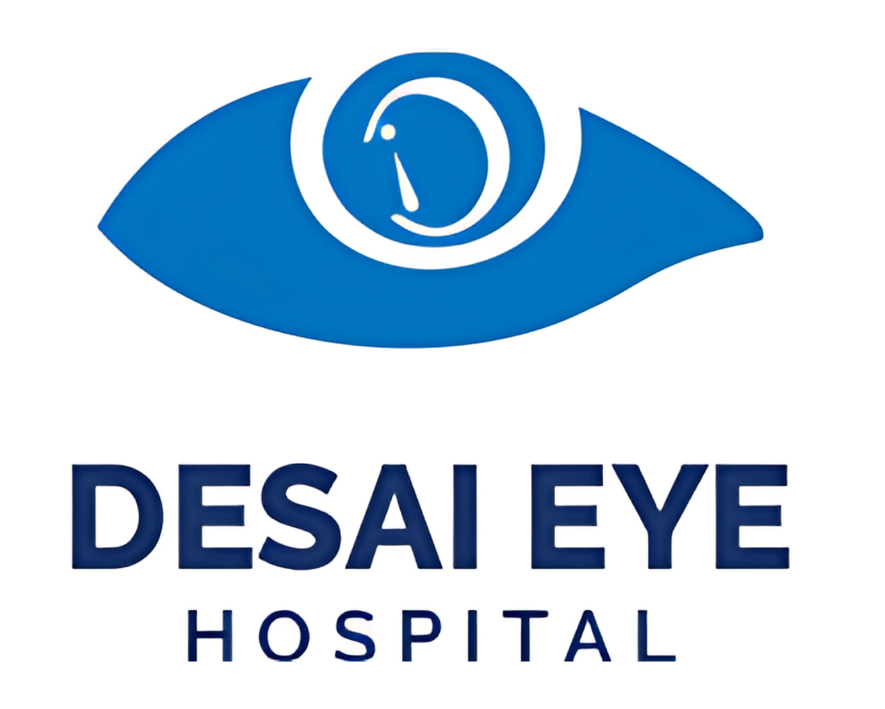Cataract surgery is one of the most commonly performed and successful surgeries worldwide, offering improved vision and a better quality of life for many patients. However, proper post-operative care is crucial for ensuring optimal recovery and preventing complications. While cataract surgery is minimally invasive and recovery is generally swift, it’s important to follow specific guidelines at home to protect your eyes and promote healing.
What to Expect After Cataract Surgery
After cataract surgery, most patients experience a noticeable improvement in vision within a few days. However, full recovery can take several weeks. In the initial days following surgery, some discomfort such as mild itching, irritation, or light sensitivity may occur. It’s essential to follow your ophthalmologist’s instructions closely during this time.
Essential At-Home Care Tips After Cataract Surgery
1. Follow Your Doctor’s Instructions
Your ophthalmologist will provide you with specific post-surgery instructions, including the use of prescribed eye drops or medications. These may include antibiotics to prevent infection and anti-inflammatory drops to reduce swelling. Be diligent about following the prescribed dosage and frequency.
2. Rest and Avoid Strain
It’s important to rest your eyes and avoid strenuous activities during the recovery period. Activities like heavy lifting, bending over, or intense exercise can increase eye pressure and disrupt the healing process. Avoid reading, watching TV, or using your phone for prolonged periods, especially in the first few days.
3. Protect Your Eyes
After surgery, your eye will be more sensitive to light and prone to irritation. Wearing sunglasses with UV protection when going outdoors is highly recommended to shield your eyes from bright sunlight. You may also be given an eye shield or patch to wear at night to prevent accidental rubbing or pressure on your eye.
4. Avoid Water Exposure
For the first few weeks after surgery, avoid getting water in your eye. This includes not swimming in pools, avoiding hot tubs, and taking care to keep water out of your eye while showering. Water can carry bacteria and increase the risk of infection during the healing process.
5. Be Mindful of Eye Rubbing
Resist the urge to rub or press on your eye, as this can interfere with the healing process and increase the risk of complications. If your eye feels itchy, use a clean tissue to gently dab it, but avoid any direct pressure on the eye.
6. Monitor Your Symptoms
While some discomfort is normal, you should contact your doctor if you experience severe pain, sudden vision loss, redness, or a decrease in vision clarity. These may indicate complications such as infection or increased eye pressure that require immediate attention.
When to Resume Normal Activities
Most patients can return to normal activities within a few days to a week after cataract surgery, but you should avoid driving until your ophthalmologist clears you for this based on your vision recovery. Full recovery may take up to a month, depending on individual healing rates.
Consultation at Desai Eye Hospital
At Desai Eye Hospital, we are committed to providing excellent care both before and after your cataract surgery. Our expert ophthalmologists guide you through the entire process, offering personalized post-operative care instructions to ensure the best possible outcomes. Schedule a follow-up consultation to track your recovery progress and address any concerns. We’re here to support you every step of the way toward clearer vision!


